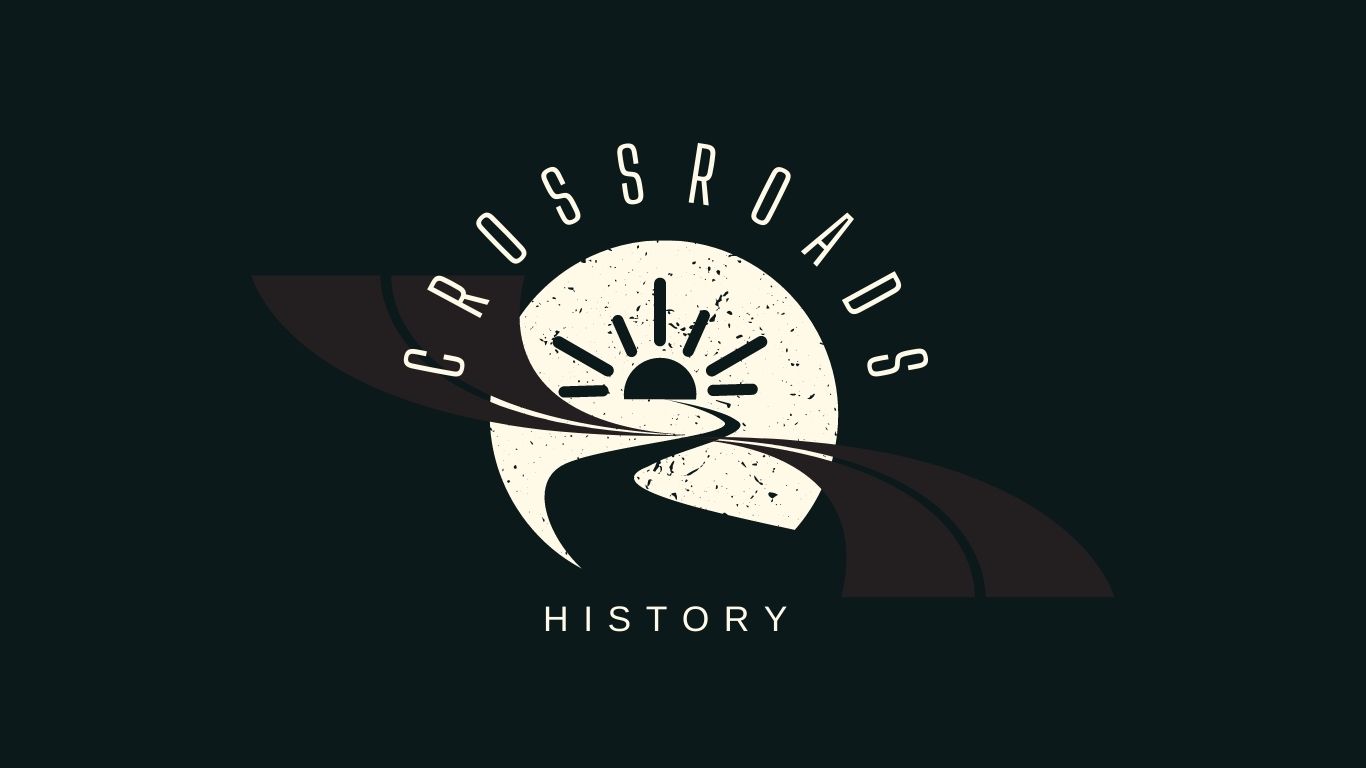Facing the Headman
The Execution of Charles I of England. Anonymous. Circa. 1649. Wikimedia.
By Cale Gressman
As I’ve delved through history over the course of years, I’ve come across a lot of stories of how people have lived… and how they have died. The former gets a lot of interest, but the latter also deserves special focus. We don’t really know how we will react when confronted with death. Some panic. Some deny. Some accept resignedly. Others accept with grim determination. We will discuss some stories of the latter.
“Strike man strike!” those are purportedly the last words of Sir Walter Raleigh as he was about to be executed for his apparent treason to the English Crown. In reality, as Churchill states, (quotation here). By all evidence, it seems rather dubious that Raleigh was a traitor. He certainly didn’t die like one. Or at least not like a coward. Those words were meant to urge on the executioner, the headman when he hesitated to strike him down. In an age of gallantry and adventure, Raleigh displayed what economists would term “revealed preference” or rather he walked the walk.
Of a similar era to Raleigh is King Charles I of England. A Catholic monarch, he managed to drive the protestants of England and his Parliament into open revolt against him. This civil war would not go in Charles’ favor and he would be tried and ultimately be given a death sentence. This was rather shocking to many. Most had expected him to be deposed and retired out in the country somewhere with an annual pension to keep him happy. However, the Puritan government under the soon-to-be dictator Oliver Cromwell would decide that Charles was simply too dangerous to be kept alive. He would be a standard behind which the Catholic scourge could gather you see.
On the day of his execution, it was quite chilly. King Charles I would request that he be given two coats so that his trembling from the cold might not be mistaken for fear. At the scaffolding, he would tell the bishop present, “I go from a corruptible to an incorruptible crown; where no disturbance can be, no disturbance in the world." then he spoke to the executioner, “When I put out my hands this way, then - ... Stay for the sign." The soon-to-be dictator Oliver Cromwell would respond that the execution was a “cruel necessity.” The English soon quite regretted the regicide they had committed.
"Pardon me sir, I meant not to do it." Those were the last words of Marie Antoinette after she accidentally stepped on the foot of the executioner. Her husband had been executed months earlier, and her 8-year-old son had been stolen from her. She was a broken woman, who had been thrown into a show trial and duly convicted. For thinkers like Sir Edmund Burke, her execution by the French Revolutionaries was a sign that France had indeed gone off the proverbial cliff. As he stated, “In a nation of gallant men, in a nation of men of honor, and cavaliers! I thought ten thousand swords must have leaped from their scabbards, to avenge even a look that threatened her with insult. But the age of chivalry is dead.”
There are others of course. These just caught my attention as I was reading them. What they represent are the differing way man meets his end. I believe the way a person meets their maker says a lot about their overall character.


Comments
Post a Comment